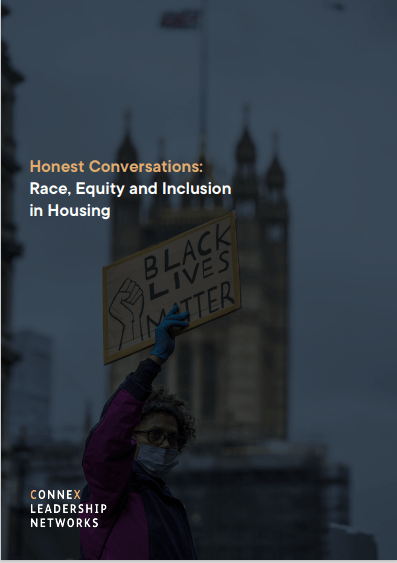As the tides of change continue to shape the landscape of social housing, members must prepare to face the challenges ahead. In this ever-evolving digital age, tomorrow’s customer is far more informed, connected, and engaged. With a growing appetite for personalised services, is the current social housing landscape truly equipped to meet its customers’ needs?
Delving further into the topic, we will be examining what the modern-day housing provider must evolve into to deliver and exceed customer expectations on the 27th April but here are my starters for ten.
Tomorrow’s customer will no longer be content with just bricks and mortar, for they expect a comprehensive living experience. True to their connected and informed nature, they will need to have a stronger voice, greater choice, and access to a wider range of services. It’s essential that social housing providers adapt to these requirements in order to continue delivering meaningful value to their customers – five key attributes for a successful housing provider in the future:
- Modernised Services: The modern housing provider should embrace the latest technological advancements and adopt innovative methods such as big data and next-generation connectivity to enhance service delivery. By harnessing technology, providers can streamline processes and better manage their housing stock, leading to improved customer satisfaction and loyalty.
- Collaboration and Integration: To offer a truly comprehensive living experience, housing providers must team up with a diverse range of external partners, including social enterprises, aspiring entrepreneurs, and local communities. The key to this integration is fostering strong relationships and ensuring the well-being of all stakeholders involved.
- Empowered Communities: Housing providers should strive to co-create value with customers and empower them to participate more actively in shaping their living environments. By encouraging and supporting customer-led initiatives, tomorrow’s housing provider can create a culture of shared responsibility where tenants feel a collective sense of ownership and pride.
- Diversity and Inclusion: The UK population is becoming increasingly diverse, and housing providers must adapt to cater to a wider range of backgrounds, preferences, and needs. This means not only offering a variety of housing options but also fostering inclusive environments that empower all residents. Housing executives should prioritise diversity and inclusion at all levels, from staff recruitment to community engagement, to ensure every customer feels valued and supported.
- Agile Resourcing: The ability to maintain financial stability and fiscal responsibility in a rapidly-changing market is also essential for navigating new challenges. This can be achieved by embracing new business models, increasing efficiency through digitisation, and maintaining a diverse workforce with sought-after skill sets across the housing sector.
To thrive in this emerging landscape, housing providers today must demonstrate a willingness to take risks and explore bold, transformative strategies. The ones who adapt and innovate will be the ones leading the charge towards a better, brighter future for social housing.
So housing. the ball is in your court. Don’t be relegated to the annals of history as yet another failed provider; choose to adapt and flourish. Today is the opportunity to embrace change, create meaningful value for tomorrow’s customers, and contribute to a better, more connected world.
Register here for the 27th of April Roundtable – What Type Of Provider Will Tomorrow’s Customer Want?





